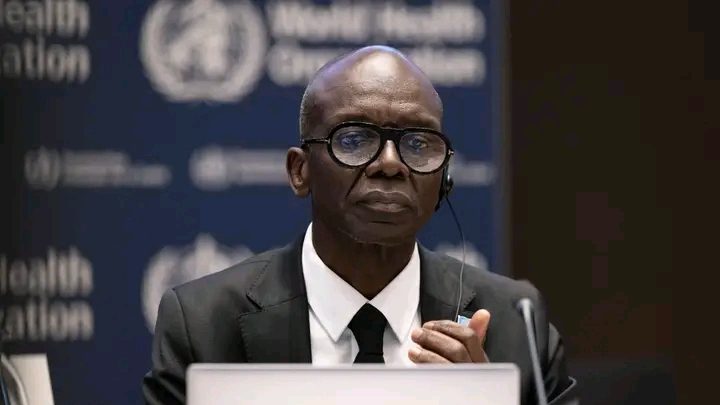32 African Countries Adopt HPV Vaccine as WHO Marks Global Push to End Cervical Cancer
More African countries are adopting the HPV vaccine as efforts to prevent cervical cancer grow.
WHO says the expanding rollout is helping millions of girls gain protection across the continent.
The World Health Organization (WHO) says 32 African countries have now introduced the Human Papillomavirus (HPV) vaccine into their national immunization programs, marking a major milestone in the global fight to eliminate cervical cancer.

WHO Regional Director for Africa, Mohamed Janabi, announced this in a message to mark the 2025 World Cervical Cancer Elimination Day. He said the continent is gaining momentum against one of the deadliest but most preventable cancers affecting women. Cervical cancer develops in the lower part of the womb, called the cervix, and is often caused by HPV, a common virus spread mostly through sexual contact.
Janabi explained that the 32 countries that have adopted the HPV vaccine are now reaching nearly half of all eligible girls across Africa. Several more countries are expected to join this year, and at least eight additional countries are preparing to begin rollout in 2026.
He noted that “each introduction represents protection against both a virus and against loss, suffering and lives cut short too soon.”
He highlighted the WHO-supported Women’s Integrated Cancer Services (WICS) initiative as a driving force behind the progress. The initiative helps countries integrate cervical and breast cancer screening into primary health care, ensuring easier access for women. Through WICS, WHO is supporting early detection, treatment of precancerous lesions, better referral systems and more women-centred care. The model was presented to African health ministers at the 75th Regional Committee meeting.
Janabi credited the progress to strong partnerships between WHO, other UN agencies and global donors. He mentioned the International Atomic Energy Agency, the International Agency for Research on Cancer, and contributors like the government of Spain as key supporters helping countries update cancer control plans, train health workers and secure needed medical equipment.
However, he warned that the work is far from complete. Millions of women still lack access to screening, diagnosis and treatment due to weak health systems and limited funding. He urged governments and partners to intensify action under the global elimination strategy, which focuses on vaccination, screening and treatment. He added that every woman in Africa deserves access to protection, care and dignity no matter where she lives. Nigeria has made major progress as well.
The National Primary Health Care Development Agency (NPHCDA) says more than 13 million adolescent girls have received the HPV vaccine since its phased introduction between October 2023 and May 2024.
The NPHCDA Executive Director, Muyi Aina, described the rollout as a major step in eliminating cervical cancer, noting that the vaccine is 99 per cent effective when administered.



